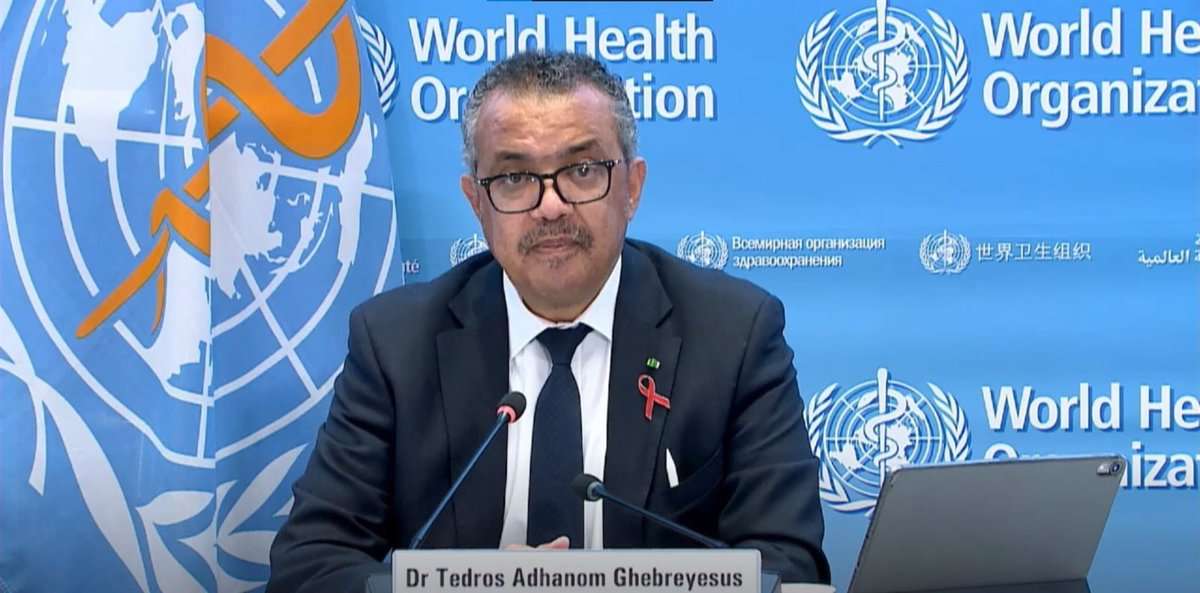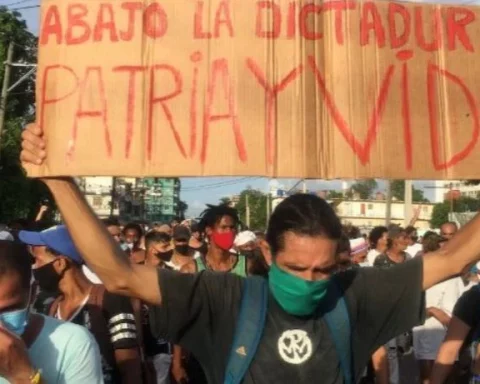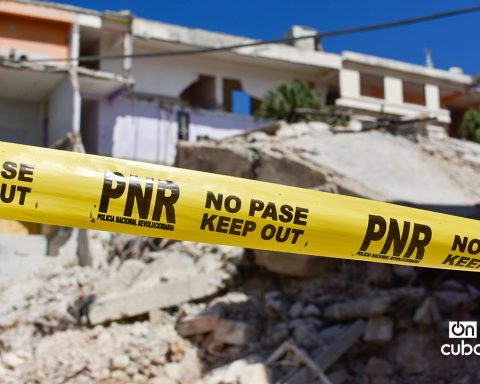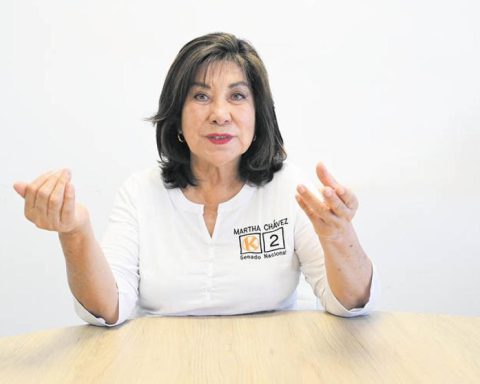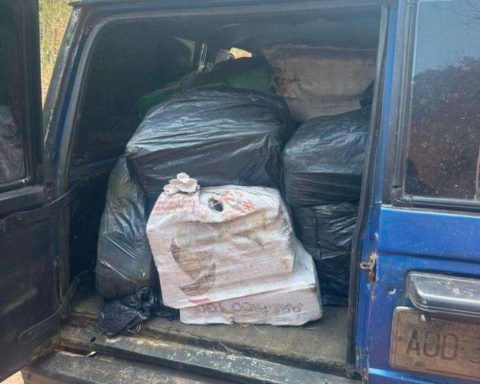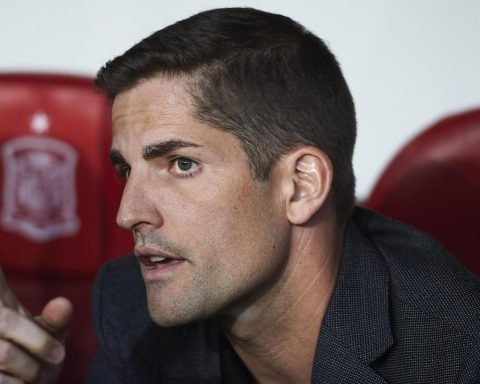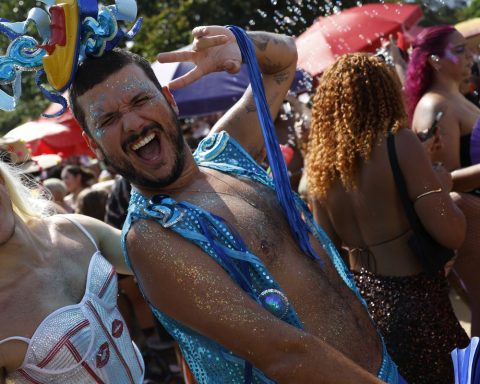The World Health Organization (WHO) decreed the end of the global health emergency due to the COVID-19 pandemic, but warned that the disease has not disappeared.
Officially, the pandemic began in Wuhan, China, on March 11, 2020, and now ends this Friday, May 5, 2023, that is, it lasted 3 years, 1 month, and 24 days. To deal with it, around 13 billion vaccines were distributed worldwide.
“COVID-19 has changed the world and it has changed us,” said WHO Director General Tedros Adhanom Ghebreyesus. “It has been much more than a health crisis. It has caused severe economic disruption, wiping trillions off the Gross Domestic Product, disrupting travel and commerce, closing businesses and plunging millions into poverty. It has caused severe social upheaval, with closed borders, restricted movement, closed schools, and millions of people experiencing loneliness, isolation, anxiety, and depression,” he stressed.
Tedros urged continued surveillance and response to the disease. “As we speak, thousands of people around the world are fighting for their lives in intensive care units. And millions more continue to live with the debilitating effects of persistent COVID. This virus is here to stay. It’s still killing and it’s still changing. The risk remains that new variants will emerge, causing further increases in cases and deaths.”
Although he pointed out that it is a moment of “celebration”, he took a critical balance: “One of the greatest tragedies of COVID is that it should not have been like this. We have the tools and technologies to better prepare for pandemics, to detect them sooner, to respond to them faster, and to mitigate their impact.”
He warned that the lifting of the international emergency “does not mean that COVID has ceased to be a threat”, recalling that it still causes one death in the world every three minutes while “thousands of people continue to fight for their lives in intensive care units”. .
“The worst thing that countries could do now is use this news as an excuse to lower their guard, dismantle the systems they have built or send the message to the population that there is no need to worry anymore,” he warned.
He highlighted that for a year the pandemic has followed a downward trend, as immunization of the global population has increased both due to mass vaccinations and to the natural defenses developed by many people who have overcome the disease.
Since the beginning of the year, the number of reported infections and deaths has been decreasing globally: during the last week of April, the WHO confirmed 630,000 cases worldwide and 3,500 deaths, when in January there were more than 1.3 million of positives and the 14 thousand deaths, partly due to the wave in China.
In Cuba, the Ministry of Public Health issued a statement in which it highlighted that “after two years and two months of constant struggle, we have moved forward. The cost was high, a lot was lost along the way, but we learned and grew.”
“We want to thank the volunteers, nurses, scientists, doctors and all those who battle against the virus in the many different functions for their perseverance and dedication, to our children and the elderly. Also remember the victims, either due to the mortality of the disease or those who suffer the pathological and psychological sequelae that it left us.
“In Cuba, no one has died from this cause for a long time and, in addition, with our vaccines and our health professionals we help in many places on this planet for this day to come,” the note stated.
With information from EFE/OnCuba.
